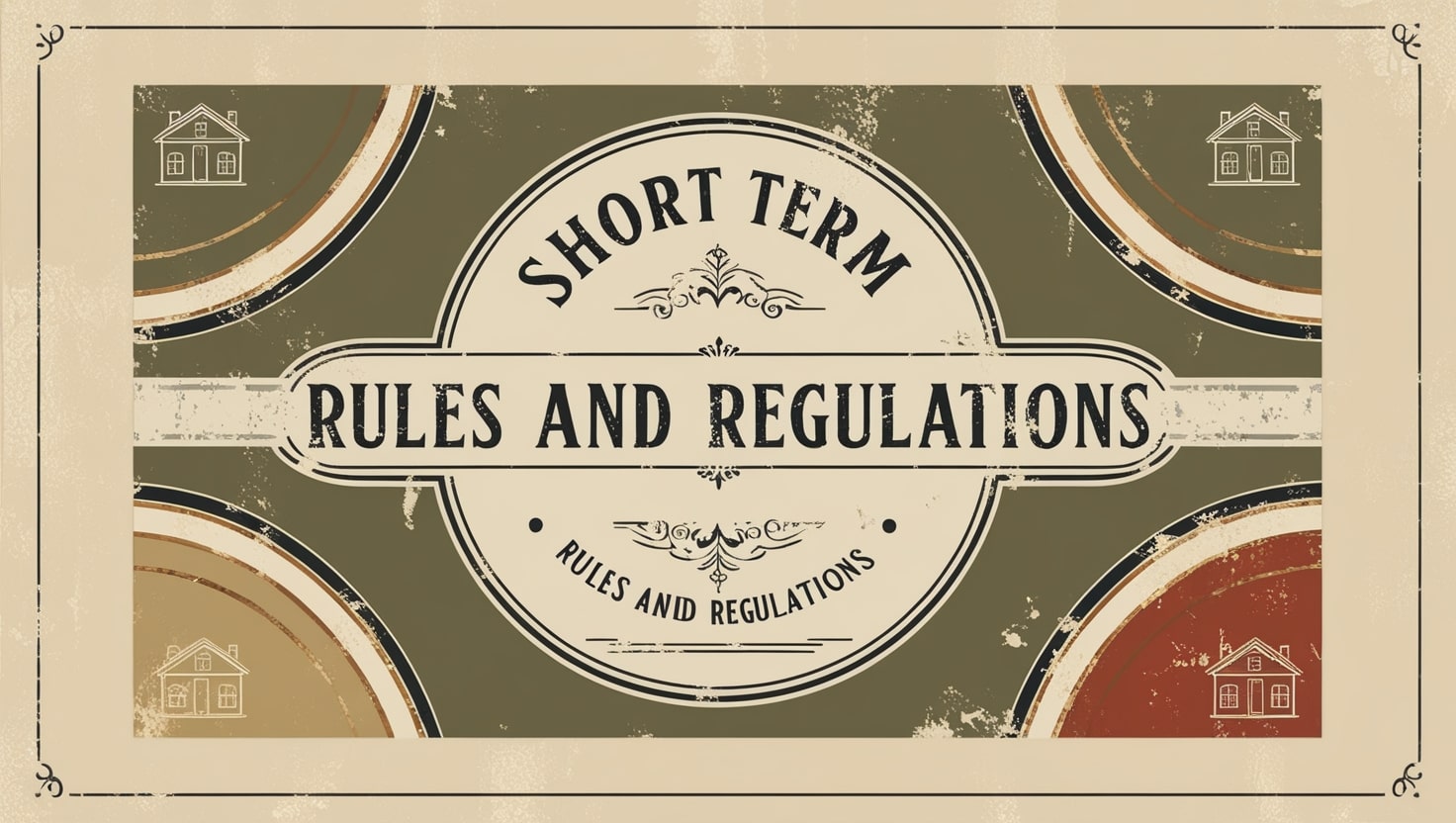Palm Desert, United States Airbnb Rules & Regulations
Last updated on: 4th July, 2025


Last updated on: 4th July, 2025

Based on the limited information provided due to access issues with the Palm Desert government website, here’s a general overview of typical Airbnb regulations that could apply to Palm Desert, California, as well as key aspects to consider for your blog:
Permit Requirement: Hosts may need to obtain a business license or a specific short-term rental permit from the city.
Zoning Laws: Short-term rentals might be restricted to certain zones. Homeowners should ensure their property is in a designated area for short-term rentals.
Rental Limitations: There could be limits on the number of rental days per year or restrictions on rentals that are not the owner's primary residence.
Tax Collection: Hosts might be required to collect and remit transient occupancy taxes (TOT) from guests, which supports local services.
Local Safety Codes: Compliance with safety regulations, such as installations of smoke detectors, carbon monoxide detectors, and fire extinguishers, is likely mandatory.
Owner Occupancy: There may be rules regarding whether the host must be present during the rental or if they can rent the entire property without being present.
Neighborhood Impact: Dragging concerns from neighbors, such as noise or parking issues, can lead to additional requirements or restrictions.
Registration and Compliance: Hosts may need to provide proof of insurance and comply with local regulations regarding noise, trash, and occupancy limits.
It’s recommended to directly visit the Palm Desert city website or contact the local planning department for the most accurate and updated regulations regarding Airbnb and short-term rentals. This will ensure that your blog contains the latest and most relevant information for prospective hosts and guests in Palm Desert.